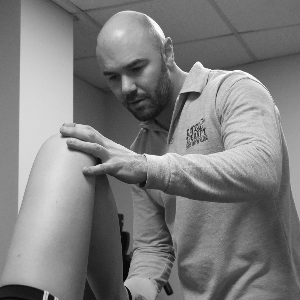Some of Our Professionals In the UK
Mariana Bakewell | Ignite Osteopaths
Osteopath





Overall Score: 0.0

London

8 years experience
Scott Poundall | Excel Therapy
Osteopath





Overall Score: 0.0

Nottingham

21 years experience
Sarah Fish | Focus Coaching & Hypnotherapy
Hypnotherapist | Life Coach





Overall Score: 0.0

Newcastle






